WASHINGTON: Pakistan's Finance Minister Muhammad Aurangzeb on Thursday said that his country was making a deliberate shift towards export led growth driven by the private sector, aiming to end the reliance on consumption and import-fueled boom-bust cycles.
While speaking to a panel at the Atlantic Council — a DC based think-tank focused on international affairs — during his visit to the US, the finance minister said that the government had adopted the bold National Tariff Policy (NTP) to enable the plans.
Aurangzeb also provided an overview of the country's economic trajectory, structural reforms, and the immediate challenges posed by climate change, adding that the shift in the policy reflected an "East Asia view" of economic growth, aiming to significantly reduce custom duties, additional custom duties, and regulatory duties over the next few years.
The finance minister said that the focus was on making raw materials and intermediate goods cheaper to boost the competitiveness of exporters.
He said that while textiles remain the core export sector, IT services were set to play a crucial role.
“A major upcoming boost is the Reko Diq project, which is expected to inject approximately $2.8 billion in exports in its first year, representing about 10% of the current export base,” he said.
The finance minister said that the early signs of success included the auto industry starting to finally export.
He said that the strategy to enable private-sector growth also involves tackling energy issues, specifically by addressing power sector circular debt and handing over distribution companies to the privatization side.
Pakistan reached a Staff Level Agreement with the International Monetary Fund that has completed the second review of its loan program, allowing the country to access $1.2 billion after approval from the fund's board.
The IMF will provide Pakistan $1 billion under its Extended Fund Facility and $200 million under its Resilience and Sustainability Facility, bringing total disbursements under the two arrangements to about $3.3 billion.
While talking about managing the macroeconomic stability front — something the minister talked about on Wednesday during a meeting with the IMF managing director — the minister noted that Pakistan was on the right direction in this regard.
The progress received significant external validation, including the successful completion of the IMF program reviews (EFF and RSF) and, importantly, the alignment and upgrading of Pakistan's credit ratings by all three major agencies: Fitch, S&P, and Moody's.
The minister agreed that a major element of the stability effort was addressing the nation’s largest fiscal burden — ‘debt servicing.’
To tackle the single biggest expense for the government, the ministry was employing liability management trades and buying back domestic debt.
While responding to a question, the finance minister termed the recent decline in the policy rate a help in reducing the overall volume of debt service.
He added that the government is preparing to initiate politically sensitive discussions around the National Finance Commission (NFC) award to reform the revenue-sharing arrangement between the Federation and the provinces.
The current setup leaves the Federation with little fiscal liberty after debt servicing, and the minister stressed that it needed to be addressed for the system to remain sustainable.
“The path to long-term sustainability is anchored in aggressive tax reform. The ministry’s commitment is clear, to raise the tax-to-revenue ratio from the previous year’s 10.2% to 11% by the end of the current fiscal year, and ultimately to 13% under the IMF program,” he said.
On how to broaden the tax base in Pakistan, he said that it would be achieved through a two-pronged strategy of broadening and deepening the tax base.
Broadening efforts included legislating an agriculture income tax at the provincial level and moving to bring the retail, wholesale, and real estate sectors into the net.
Deepening relies heavily on technology, utilizing data analytics and artificial intelligence for digital monitoring and invoicing to curb tax leakages in key sectors like cement, sugar, tobacco, and beverages.
The minister termed climate change as one of the two existential threats facing Pakistan — alongside population growth. Following this year's flooding, the government opted to use its resources and existing fiscal space for rescue and relief given that the intensity and frequency of devastating floods were on the rise.
Due to damage, particularly in the rice and cotton crops, country’s GDP growth projection will be shaved down from over 4% but is still expected to land north of 3% for the year.
Finance Minister vows deeper economic partnership Saudi Arabia
Earlier in the day, the finance minister reaffirmed Pakistan's commitment to fostering a deeper economic partnership with Saudi Arabia.
During a meeting with Saudi Finance Minister Mohammed Aljadaan on the sidelines of the IMF–World Bank Annual Meetings in Washington DC, Aurangzeb sought Saudi support for infrastructure development projects with both sides reviewing the growing trade and investment relations.
According to Radio Pakistan, he apprised his Saudi counterpart of the ongoing privatization process of Pakistan International Airlines (PIA) and key airports, underscoring the government’s resolve to attract strategic investments through transparency and efficiency.
The two ministers agreed that institutions such as the International Finance Corporation (IFC) and the Multilateral Investment Guarantee Agency (MIGA) could play a vital role in mobilizing and de-risking private sector investments in Pakistan.
During a meeting with CEO of the US International Development Finance Corporation in Washington DC, Aurangzeb highlighted significant investment opportunities with Pakistan's oil and gas, mines and minerals, agriculture, IT and pharmaceutical sectors.
Finance Minister underscored the consensus at the leadership level to enhance trade and investment ties, welcoming DFC's interest in facilitating private sector-led funding for projects in Pakistan.
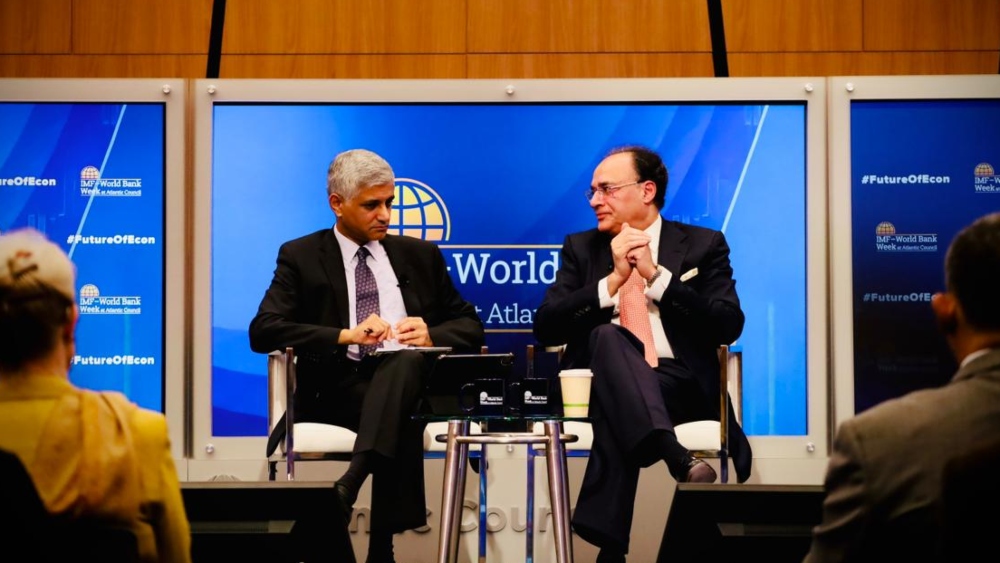



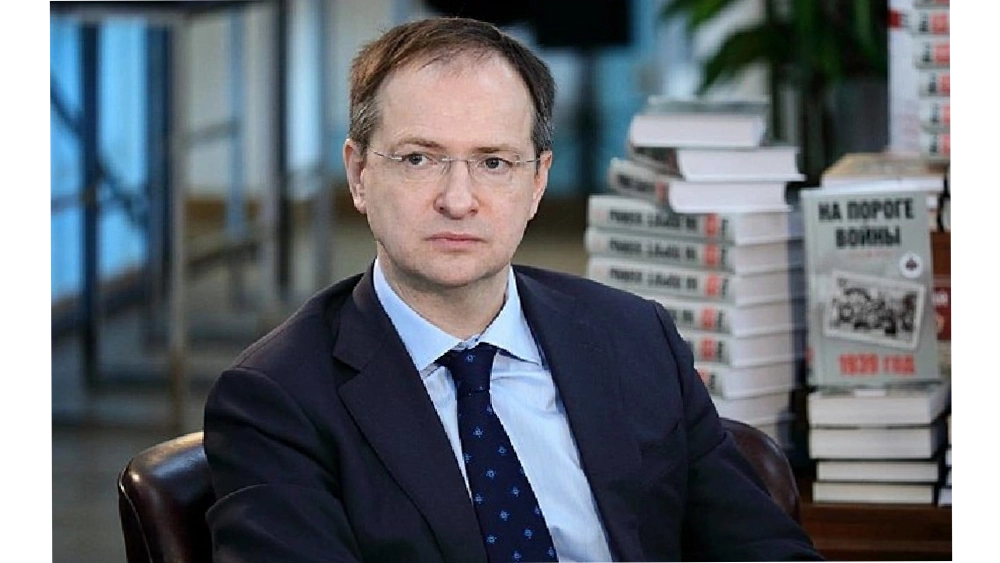
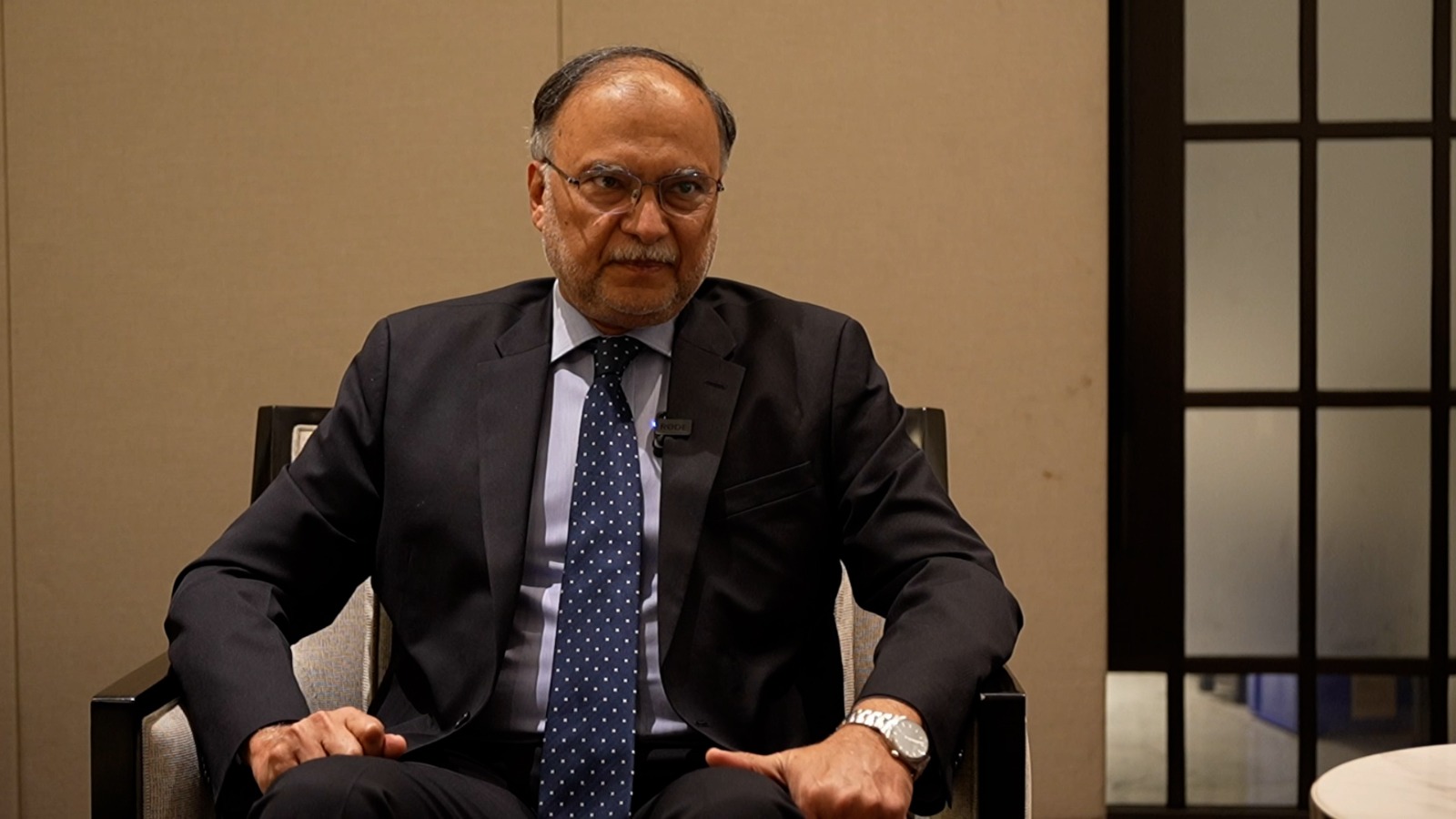

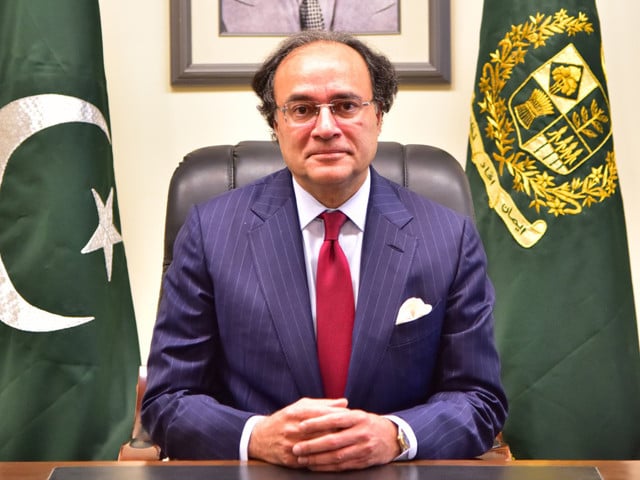
.jpg)
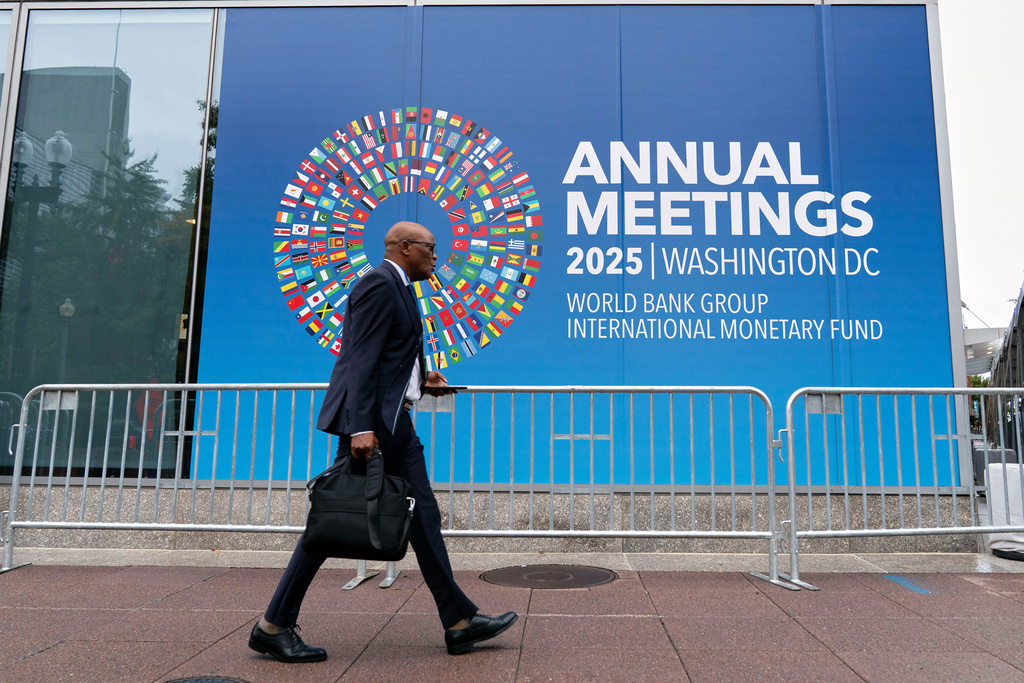
.jpg)